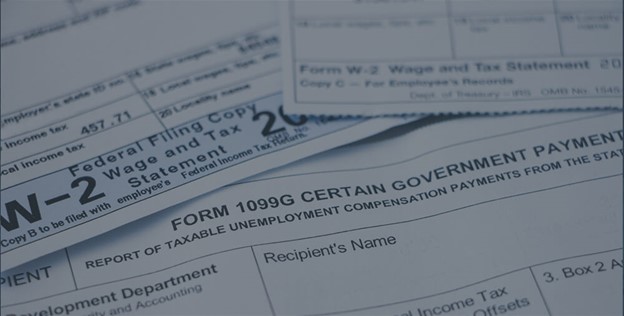If you do your taxes, you may find out you owe the IRS a hefty tax bill. There are millions of people who owe the IRS every tax season and coming up with the money all at once can be challenging. There are some options if you can’t afford to pay the IRS all at once, although you probably won’t be able to get out of it.
Upon receiving your first IRS bill, you’ll find the amount of money you owe and the request for payment in full. Here are your options if you cannot afford to pay your IRS tax bill.
1. Installment Agreement
Depending on your situation, the IRS may allow you to sign up for an installment agreement, which lets you pay off your tax debt in monthly installments. The Online Payment Agreement Application or Form 9465 can be used to apply for an installment agreement. A user fee is charged for setting up an installment agreement, which may be reduced or waived for people with low incomes.
You may be eligible for lower fees if you enroll in a payroll deduction or direct debit installment plan. If you want greater control over your cash flow or don’t wish to give the IRS permission to deduct from your bank account, you can submit payments yourself.
Late penalties and interest fees can be levied on overdue tax bills, and they continue to accrue as you make installment payments.
2. Partial Payment Installment Plan or Offer in Compromise
If you cannot pay in full under an installment plan, you might qualify for a partial payment installment plan (PPIA). With a PPIA, you pay a reduced total amount through monthly installments over a predetermined repayment period.
By offering full payment of a reduced amount, you can settle your tax liability with an Offer in Compromise (OIC). In addition to filing all tax returns and making all estimated quarterly tax payments for the prior year, you must also have paid all estimated quarterly tax payments. Open bankruptcy proceedings disqualify taxpaying taxpayers from participating. If you think you may qualify for an OIC, you can use the IRS Offer in Compromise Pre-Qualifier online.
Tax debts in PPIA or OIC can continue to accrue interest and penalties until they are settled.
3. Temporarily Delay of Collection
In the event that you cannot pay your tax bill because it will prevent you from affording basic living expenses, you can ask the IRS to delay collection until you can pay. The IRS may delay collecting your tax debt until your financial situation improves if it agrees that you can’t pay your tax debt. It does not mean the debt goes away, and penalties and interest continue to accrue until the debt is fully repaid. Before the IRS delays collection, you may need to provide proof of your financial situation.
Make sure to stay on high alert during tax season to protect your identity so thieves don’t steal your tax information and personal information.
Is your personal information on the dark web? Make sure your identity isn’t at risk!

